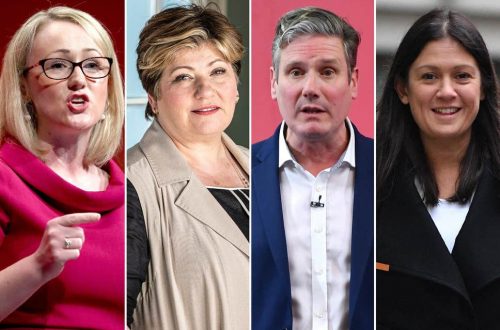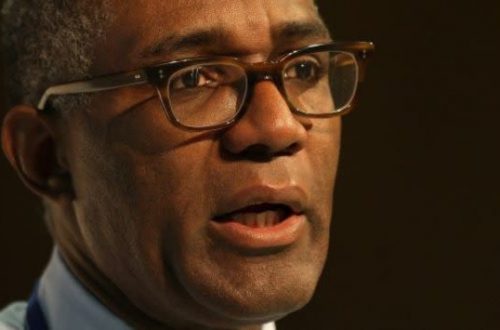THIS IS A CROSS-POST FROM A RABBIT’S EYE-VIEW OF THE HYPERBOREAN NORTH.
Whilst Nick Clegg was flying about Westminster, looking for which political Party to draw blood from, he was photograph’d returning to Conservative camp with an A4 sheet of negotiation points. Notably absent was issues of social policies; instead it focused on electoral reform and political reorganization which, a cynic might say, were highfalutin compared to continuing the social policies of the Labour which, amongst others, had reduced the increasing rate of child poverty pre 1997.
One bone of contention was “Short Money“. I scratched my head at this, even after it was clarified as the informal name for Financial Assistance to Opposition Parties; pushed for by the-then Leader of the House of Commons, Edward Short in 1974, following a proposal by Harold Wilson during his Queen’s Speech of that year.
Thus, Opposition Parties, without access to civil servants and other machinery of Government, would receive a handicap payment to permit them to conduct research and other Parliamentary work.
Surely one of Clegg’s first thoughts, when the whiff of power reached his nostrils, could not have been pecuniary? As reported on Newsnight, it may well have been. Michael Crick, on his blog, reproduces a statement by a LibDem spokesman:
We are no longer in receipt of Short Money as its current formulation is for opposition parties only.The current system of Short Money does not account for the complexity of situations where there is not a majority government. We are looking to existing precedents, such as that established by the previous Labour Government, in Scotland, to ensure that, as the smaller of the two coalition parties, the Liberal Democrat are able to maintain their operational independence in parliament. Recognising their role in government, the Liberal Democrats believe any such financial support for parliamentary functions should be less than received in opposition.
That is because you no longer are an Opposition Party. You now have ministers in all but five Government Departments and the civil servants who come with them, and Clegg has his own Parliament-funded Leader’s Office.
Whilst maybe not understandable, it can, however, be understood why Clegg is so keen to retain this money: for 2009/10, the allocation to his Party was £1.75 millions (plus £250,000 for the equivalent in the Other Place, Cranborne Money). This represents almost one third of his Party’s funds for that period.
Yet, as commenter Clare states on Crick’s blog:
They will still get £450k from the Electoral Commission for policy development, as that is given to every party.
What more do they need? They have civil servants and some have special advisers. Individual MPs have money to pay staff for casework and wider Parliamentary support. If they need to run a Liberal Democrat Parliamentary staff equivalent to the Parliamentary Labour Party, that could be funded by donations from their MPs, which is how I understand Labour paid for its PLP staff for the last 13 years.
It has been the position since the 1970s: the party of government gets civil servants and special advisers and individual MPs office staffing allowances. Opposition parties get Short money.
If this is changed so that all parties get it, whether they are in government or in opposition, it completely changes what the money is for. It would be public funding of political parties by the back door. Voters sore over MPs expenses and facing cuts in services aren’t likely to view this kindly. That is why it needs to be exposed, not dismissed as a minor issue.
Quite. That said, I do acknowledge – if not “admire” – Clegg’s chutzpah. As PJ O’Rourke did not say, who amongst us will deny having entertained fantasies about being ravished by a Liberal dressed as Jodie Kidd?



